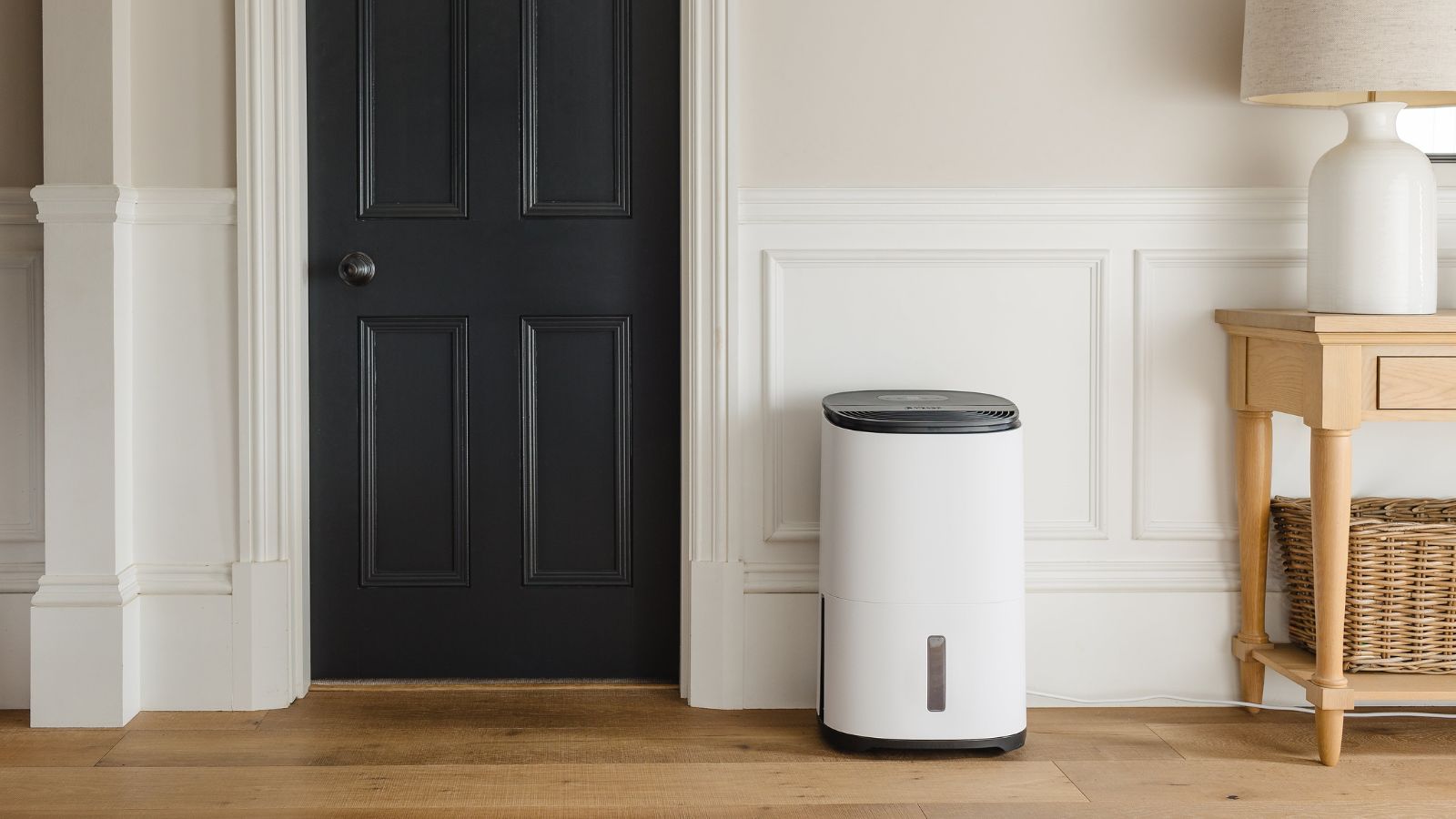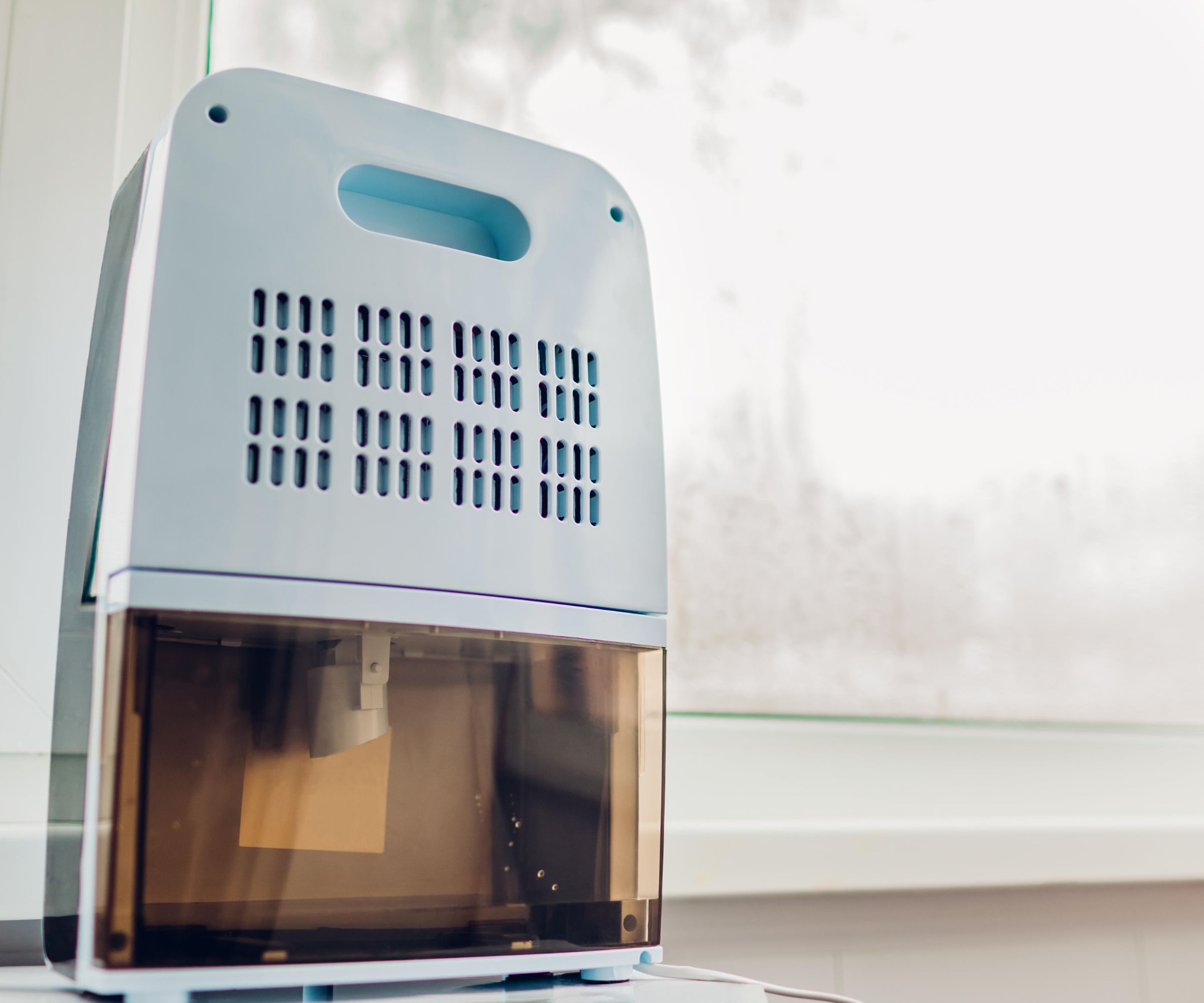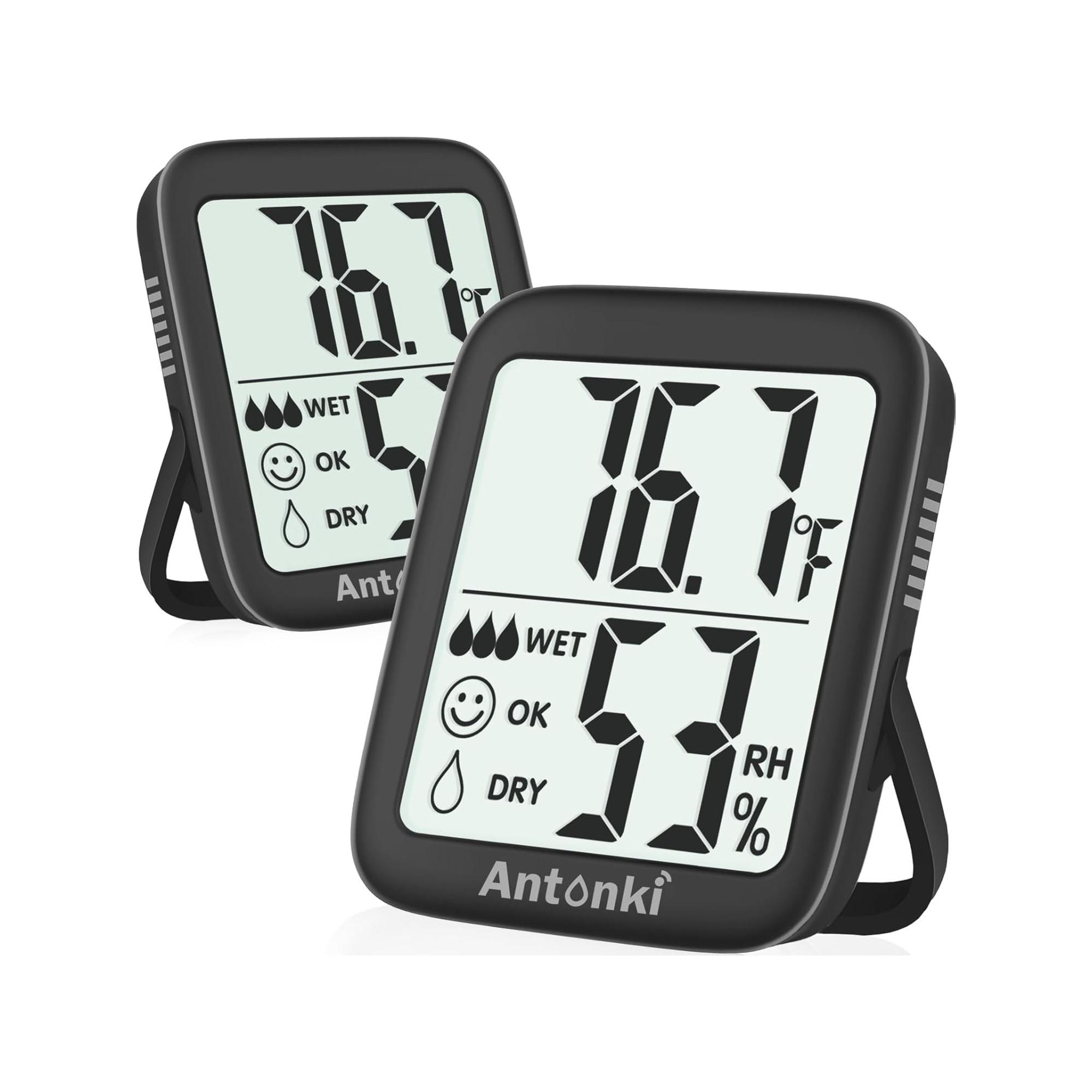Is it better to run a dehumidifier during the day or at night? The answer may surprise you
Our experts weigh in


Design expertise in your inbox – from inspiring decorating ideas and beautiful celebrity homes to practical gardening advice and shopping round-ups.
You are now subscribed
Your newsletter sign-up was successful
Want to add more newsletters?

Twice a week
Homes&Gardens
The ultimate interior design resource from the world's leading experts - discover inspiring decorating ideas, color scheming know-how, garden inspiration and shopping expertise.

Once a week
In The Loop from Next In Design
Members of the Next in Design Circle will receive In the Loop, our weekly email filled with trade news, names to know and spotlight moments. Together we’re building a brighter design future.

Twice a week
Cucina
Whether you’re passionate about hosting exquisite dinners, experimenting with culinary trends, or perfecting your kitchen's design with timeless elegance and innovative functionality, this newsletter is here to inspire
If choosing the best time of day to run your dehumidifier is becoming a dilemma, rest assured: making the most of your dehumidifier actually doesn’t have all that much to do with the time of day or night.
Depending on who you ask (or which article you happen to read online), you’ll hear arguments for or against running it during the day or at night. Some people claim that running a dehumidifier at night poses safety risks, while other will tell you that running it during the day is pretty much useful because humidity levels are lower.
Our experts say it doesn't actually matter, and it's more important to run your best dehumidifier when humidity rises above a certain threshold.
Is is better to run a dehumidifier during the day or at night?
Experienced HVAC expert Doug Flader puts it simply. ‘It honestly doesn’t matter,' he says. 'Ideally, a dehumidifier should run automatically based on humidity levels, regardless of the time of day.’
Many factors can affect indoor humidity levels, with outdoor weather patterns being just one. Cooking, how often you ventilate your house, and even how many people and animals sleep in the same bedroom can significantly affect humidity levels.
While it’s generally true that humidity tends to rise at night as temperatures drop, this just isn’t always true. If you live in a wet, rainy climate, you may not notice much difference between night and day. And if you use central heating, it will reduce indoor humidity substantially while it’s on.
It's worth noting daytime or round-the-clock dehumidifier use is best for humid climate situations where there is a risk of mold growth inside the home.
Design expertise in your inbox – from inspiring decorating ideas and beautiful celebrity homes to practical gardening advice and shopping round-ups.
Nighttime-only use is more suitable for bedrooms, especially during the summer in places that experience occasional or seasonal-only humidity. Below-ground-level bedrooms also can benefit from a constantly running dehumidifier as they are more humid, as long as they are placed somewhere safe and are in good running order.
What are the pros and cons of running a dehumidifier in the day vs. night?

‘There are no significant differences’, reiterates Doug. ‘Running it anytime is effective if it’s correctly set and maintained.’
Today’s dehumidifiers are sophisticated pieces of equipment. On a good-quality dehumidifier, you can usually set the precise level of humidity you want to achieve, at which point the device will shut off automatically. Where you place your dehumidifier can impact function too.
Suppose you’re not sure what level of humidity you need. In that case, most will have an ‘automatic’ or ‘comfort’ setting that will get the humidity level in a room to the comfort level, which is usually somewhere between 55 and 65 percent.
One con of running a dehumidifier during the day is that it may be slightly more expensive due to higher daytime energy rates.
Running the dehumidifier at night can be cheaper, though that's not guaranteed. Nighttime humidity levels are typically higher, so your dehumidifier will likely have to work overtime. In extremely humid nighttime situations, a standalone dehumidifier may struggle to reduce humidity and show you an error message.
Are there safety concerns around running a dehumidifier overnight?
There are none whatsoever, ‘as long as the dehumidifier is functioning correctly and placed in a safe location’, says Doug. ‘It’s perfectly fine to run overnight.’
What is the most efficient way to use a dehumidifier?
Brad Robertson, President at Aire Serv, tells us that the main things to consider are ‘ensuring that the unit is plugged into a grounded outlet and the tank isn’t full.’
If you are finding that your are running several standalone dehumidifiers in your home and the tanks fill up fast, it’s a sign that they’re not running efficiently and can’t cope with the humidity, they are too small, the room has ventilation issues or there is a leak. It may also be time consider a whole-house dehumidifying system.
‘Whole home dehumidifiers will work to measure and regulate humidity levels all the time, without having to monitor or empty condensation collection trays’, says Brad. Whole-house dehumidifiers aren’t cheap (prices average about $1,500 on Amazon), but can be worth it.
Should you leave your dehumidifier on all the time?
You may have to if you’re battling constantly high humidity levels. There’s not much point in reducing humidity for a few hours, only for it to climb right back up.
However, if you live in an area with drastic temperature fluctuations between day and night, you may only need to run yours for about 12 hours between late evening and mid-morning. Climates with hot and dry daytime conditions in the summer definitely don’t need the dehumidifier running all the time.
You also shouldn’t leave a dehumidifier on if your indoor temperatures are going below 60°Fahrenheit. At this point, most standalone dehumidifiers will struggle and may even get damaged. Running a heater is much more sensible in a cold room.
When you run your dehumidifier should depend on your home's environment. If it's humid all the time, there's nothing wrong with running your dehumidifier all the time. If you only suffer from humidity at night, just run it at night. There's no right or wrong way!
Next, learn about the most common dehumidifier mistakes to avoid and whether you should run a humidifier at night.

Anna is a professional writer and academic. She taught English Literature for several years before joining Future where she wrote for Real Homes, Homes & Gardens and Livingetc for four years. She is a regular contributor for Parade Home, BiggerPockets, and many other publications. In her spare time, Anna enjoys hiking and gardening.
